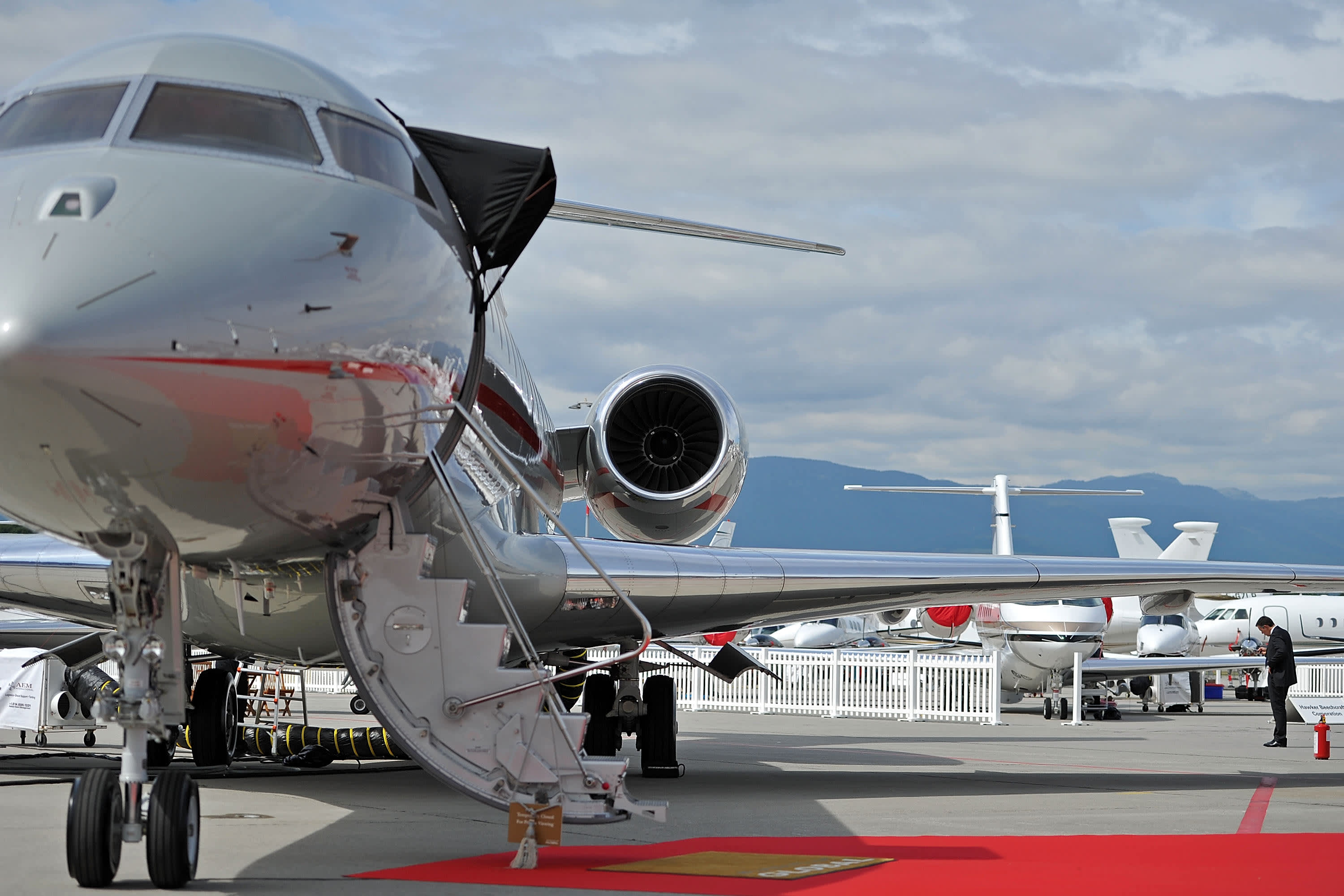Private jet charter company VistaJet has outlined plans to reach carbon neutrality by 2025 in a bid to get the aviation industry’s sustainability goals off the ground.
The strategy includes carbon offsetting schemes contributing to forest protection in Zimbabwe and the Brazilian Amazon, as well as the option for customers to pay extra for sustainable fuels like biofuel.
VistaJet’s founder and chairman said the company’s shared economy business model, which “competes with full aircraft ownership” by giving subscribers access to its fleet of 160 private jets, means customers will be more willing to reinvest cost savings into sustainable add ons.
Some of these empty flights can be up to 50% versus a shared model where it’s constantly optimized.Thomas Flohrfounder and chairman, VistaJet
“The price and cost advantages that we give allow for that extra charge,” Thomas Flohr told CNBC’s “Squawk Box Asia” on Thursday. So far, he said, VistaJet has seen an 80%-plus conviction rate among customers opting for sustainable fuels.
Flohr said the company will also deploy “cutting-edge technology” for route planning, including artificial intelligence to predict customer behavior and reduce empty legs to the “lowest level possible.”
“This is really one of the problems with corporate jets. Some of these empty flights can be up to 50% versus a shared model where it’s constantly optimized,” he noted.
The plans come as the airline industry faces ongoing pressure to cut carbon emissions and improve sustainability practices, even as it struggles to recover from the coronavirus-induced hit to international travel.
At present, the global aviation industry is targeting a 50% reduction in carbon emissions by 2050.
Despite criticism of private jet flights, whose low passenger numbers are typically seen as more inefficient than commercial alternatives, Flohr said he believes the industry is at an inflection point.
While commercial airlines may take several years to return to full capacity due to the pandemic, companies like VistaJet can now operate smaller planes at full capacity, he said.
“In terms of business efficiency, we’re really not sticking one CEO on a flight,” said Flohr. “We really only take off if we have a fully paid for and full cabin.”
Already this year, limitations in commercial travel have served as a boon for VistaJet, with the company recording demand in excess of pre-pandemic levels in the first quarter.
